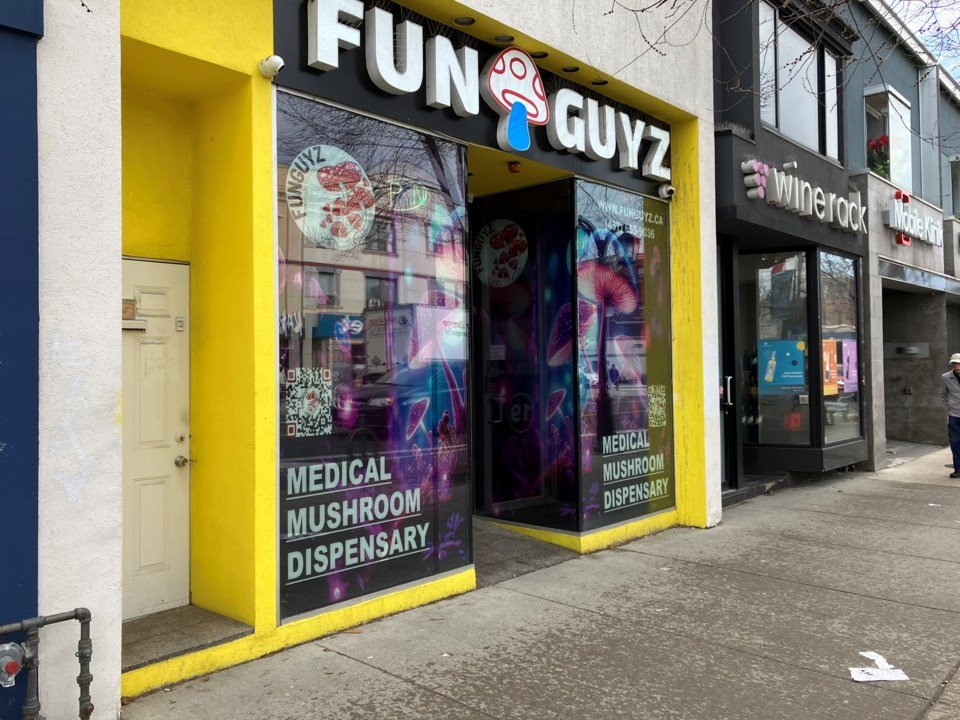Over the last two years or so, stores openly selling psilocybin mushrooms and products based on them started to spread in some communities, well, like mushrooms.
Nothing about them is legal, exactly, but given how indiscreet the stores can be, it wasn't surprising to read that Toronto police, for example, had decided that "enforcement ... is largely focused on the trafficking of illegal drugs that are resulting in overdose deaths, and having a traumatic and devastating impact on our communities." In other words, fentanyl and other opioids.
It all feels a bit like cannabis eight or ten years ago: illegal but widely tolerated, often sold very openly, and not something the police seem overly interested in, for the most part, depending on the community.
Should psilocybin mushrooms and other drugs like ecstasy, or MDMA, be legalized formally and sold in controlled markets, as cannabis has been since 2018?
By a large margin in an online poll this week, you said no.
One sharp division in the poll was based on gender:
(The tendency for men to be more libertarian than women on issues connected to substances is something we see in other polls:)
And not surprisingly, a close relationship to views on cannabis legalization:
There is also quite a sharp division based on age:
Green and NDP voters are much more open to the idea. Not for the first time, we see Liberal voters falling more in a broadly traditionalist cluster:
People with a more traditionalist cluster of views oppose the idea:
... and people with a more libertarian cluster of views tend to support it:



